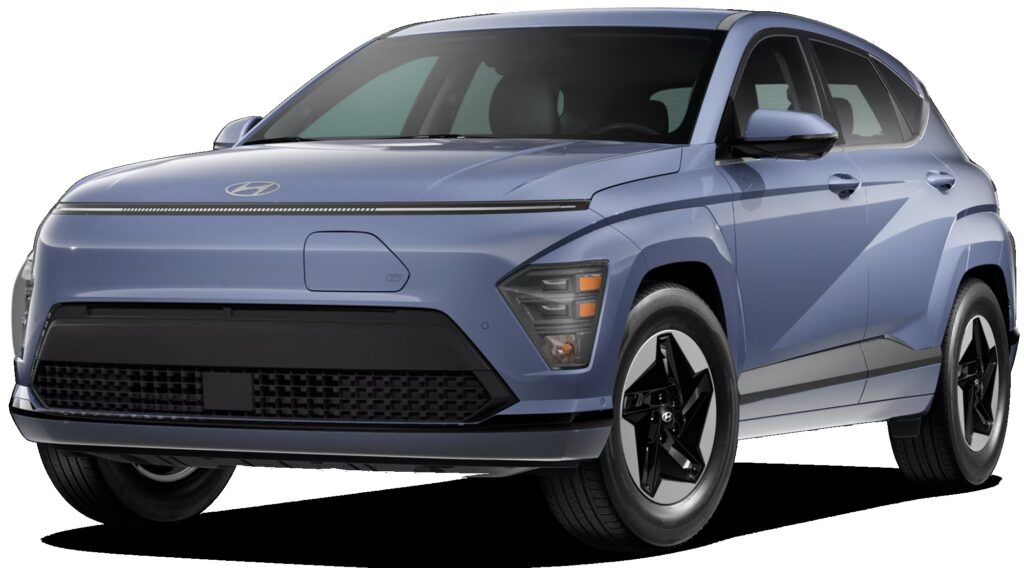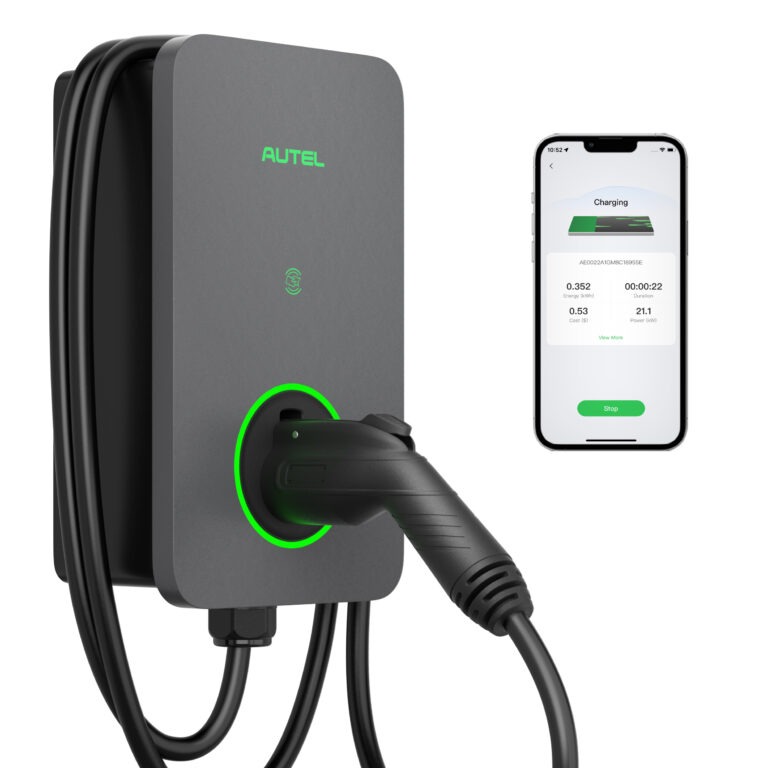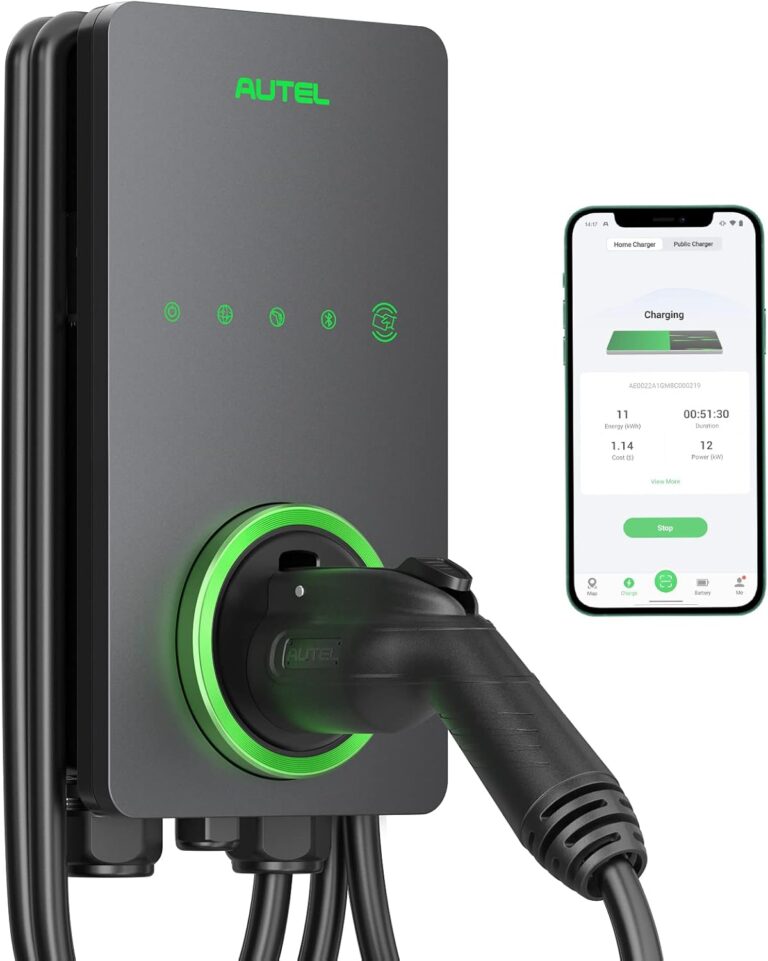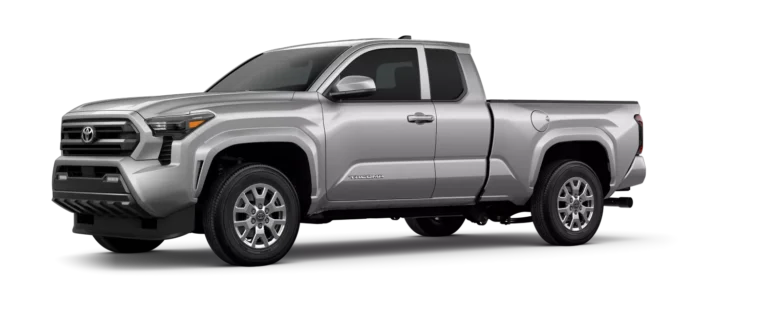
Best EV Charger For The Hyundai Kona!
- Last Updated
- December 18, 2024
After clicking ‘Check Any VIN number,’ enter your VIN and email address in the top right corner of the page.
Your Ultimate Guide To The Best EV Charger For The Hyundai Kona!
Hey there! Looks like you’re looking the best EV charger for the Hyundai Kona. We’ll, you’re in the right place.
We’ve found three of the best EV chargers for the Hyundai Kona that should suit your home charging needs.
Check out our curated list below. Your new charger awaits!
Best EV Charger For The Hyundai Kona: Our Top Picks
Best EV Charger For The Hyundai Kona
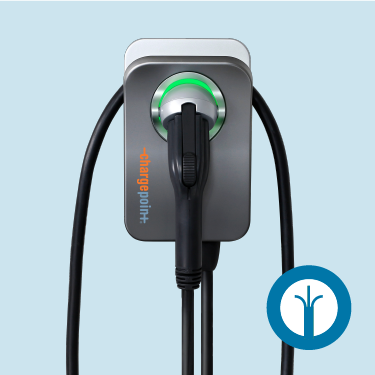
ChargePoint Home Flex Level 2
- Charging Speed: Up to 12kW (50 amps)
- Compatibility: Type 1 (J1772)
- Warranty: 3 years
- Smart Features: Yes (WiFi, App)
- Installation Time: Typically under 3 hours
- Cable Length: 23-feet
- Reviews: 3000+ 4.5 Stars
Ok, Hyundai owners, this is the one to get. The ChargePoint Home Flex Level 2. It’s a versatile and dependable EV charger that complements the Hyundai Kona Electric. It delivers up to 50 amps of power, it provides significantly faster charging compared to standard Level 1 chargers, helping you recharge efficiently between daily commutes or longer trips.
It’s designed with flexibility in mind, so the Home Flex offers adjustable amperage settings (16A to 50A) and its compatible with the Hyundai Kona Electric as well as other EVs, making it a practical option for households with multiple vehicles. It also has Wi-Fi connectivity, allowing you to monitor and control charging sessions through the Hyundai BlueLink phone app, providing added convenience for managing your energy use.
Safety and efficiency are also key features of the Home Flex, which includes advanced protective measures and scheduling capabilities to sync charging with off-peak electricity hours, which can potentially lower your energy costs. Its compact design and flexible installation options (plug-in or hardwired) make it suitable for various home setups, ensuring it fits seamlessly into garages or your outdoor spaces.
Adjustable amperage from 16A to 50A, providing up to 37 miles of range per hour of charging.
Compatible with all electric vehicles that use a J1772 connector (most EVs); Including the Hyunda Kona.
Requires a dedicated 40-amp circuit; may need a licensed electrician for installation.
- Adjustable amperage for flexibility in charging speeds.
- Smart features for scheduling and tracking charging.
- Compact design for easier installation.
- Higher installation costs due to electrical upgrades.
- Requires a Wi-Fi connection for full functionality.
- You need a fast, reliable charger for any EV model. The ChargePoint Home Flex is compatible with all electric vehicles and can charge them up to 9x faster than Level 1 chargers.
- You want smart charging features. The ChargePoint app allows you to monitor charging sessions, set charging schedules, and track energy usage remotely.
- You’re looking for flexibility. With its adjustable amperage settings, you can optimize charging for your home’s electrical system and vehicle needs.
Best Budget Hyundai Kona Charger
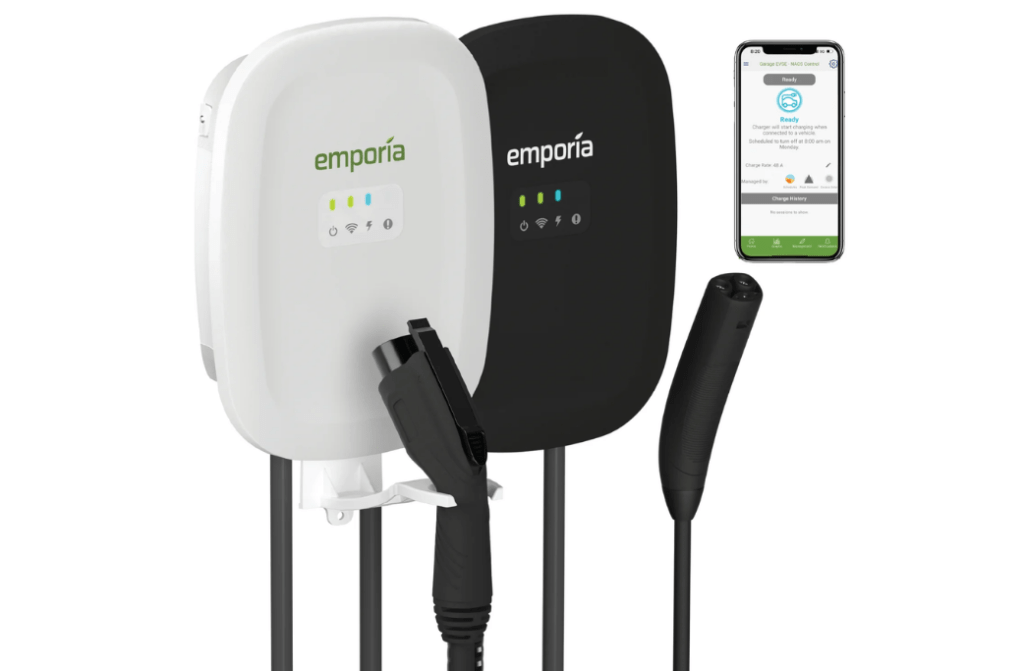
Emporia Level 2 EV Charger
- Charging Speed: 11.5 kW (48 amps)
- Compatibility: Type 1 (J1772)
- Warranty: 3 years
- Smart Features: Yes (Energy Monitoring)
- Installation Time: Typically under 2 hours
- Cable Length: 24-feet
- Reviews: 2000+ 4.7/5 Stars
Ok folks, the Emporia Level 2 EV Charger is a practical, and more importantly, budget friendly option for Hyundai Kona Electric owners. It has a 48-amp capacity, delivering up to 9.6 kW of power, allowing you to add approximately 46 miles of range per hour, making it a convenient choice for home use.
The charger integrates with a smart app, providing you with tools to monitor charging, track energy usage, and schedule sessions to align with off-peak electricity rates, which can potentially reduce your energy costs. For those of you using solar power or other energy-saving systems, this charger is compatible with Emporia’s energy management platform, helping you optimize your households energy consumption.
The Emporia Level 2 Charger is UL-certified and weatherproof, making it suitable for indoor or outdoor installation. It also offers flexible setup options with both plug-in and hardwired configurations, ensuring it can be installed to fit most home charging spaces.
Up to 48 amps; charges most EVs from empty to full in about 8 hours.
Compatible with all electric vehicles that use a J1772 connector (most EVs); Including the Hyunda Kona.
Requires a dedicated 40-amp circuit; professional installation recommended.
- Smart charging features for efficient energy use.
- High amperage allows for faster charging.
- Compact design for easy installation.
- Requires a dedicated circuit, which can add to installation costs.
- Limited availability in some regions.
- You want to save on energy costs by setting charging schedules and tracking your usage via a smart app.
- You are interested in integrating your EV charging with a broader home energy management system, including solar power.
- You’re looking for a high-powered, reliable charger with flexible installation options for both indoor and outdoor use.
Highest Rated Hyundai Kona Charger
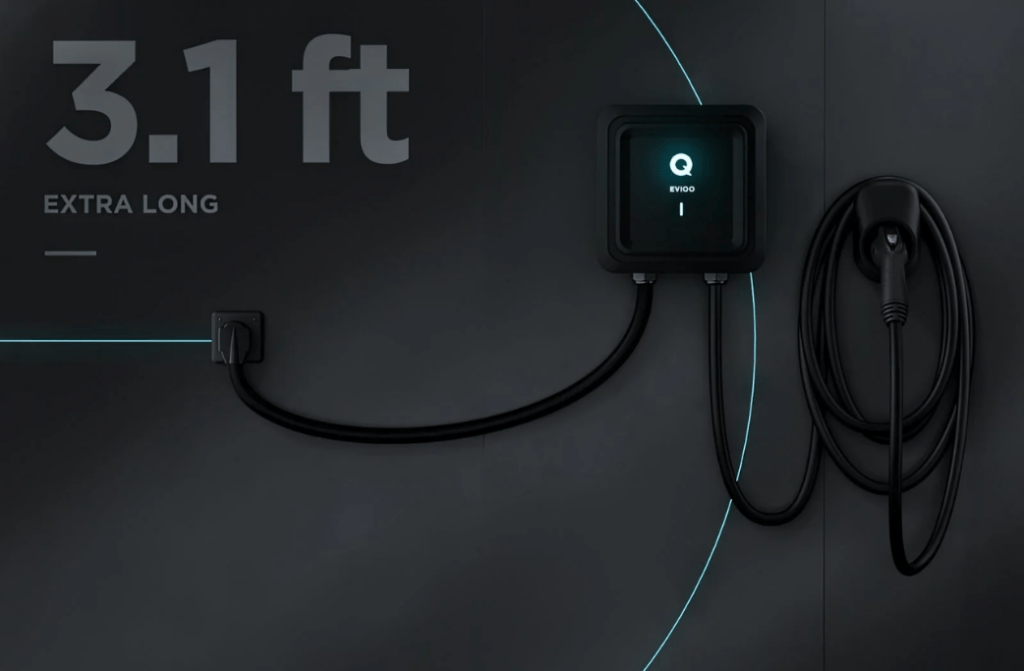
EVIQO Level 2 EV Wall Charger
- Charging Speed: Up to 48 amps (11.5kW)
- Compatibility: Type 1 (J1772)
- Warranty: 3 years
- Smart Features: Yes (WiFi, App)
- Installation Time: Typically under 2 hours
- Cable Length: 25 feet
- Reviews: 750+ 4.9/5 Stars
Just on pure reviews alone, the EVIQO Level 2 charger is a great option based on the feedback of it’s users. Sure it doesn’t get quite as many reviews (only 750+), but all those reviews are nearly 5/5. This charger provides up to 40 amps of power and approximately 30 miles of range per hour. So if you’re daily charging at home or use in a commercial setting, it should deliver consistent performance to keep your Kona Electric ready to drive.
It’s sleek, durable, and weather resistant. Its plug-in setup also simplifies installation, making it a practical choice for garages or driveways without requiring significant electrical upgrades. The ergonomic connector and long charging cable also add convenience, ensuring flexibility in larger spaces.
Its compatibility with all standard EV models (including all Hyundai EV’s) makeing it a versatile option for households with multiple vehicles or for those planning future EV purchases.
Charges at 32 amps; provides up to 25 miles of range per hour.
Compatible with all electric vehicles that use a J1772 connector (most EVs); Including the Hyunda Kona.
Requires a 40-amp circuit; professional installation is advised.
- Reliable performance with user-friendly features.
- Good balance of price and charging speed.
- Lightweight design for easier handling.
- Less known brand may lack some consumer confidence.
- Slower than higher amp chargers.
- You want a straightforward, reliable EV charger that provides fast, consistent charging.
- You need a durable, weatherproof charger for indoor or outdoor use, with easy installation.
- You value flexibility with a long cable and a no-fuss setup that doesn’t require complex wiring.
Table of Contents
How Much Does It Cost To Install A Home Charger For The Hyundai Kona Electric?
There are several costs when installing a Level 2 home charger for your Hyundai Kona Electric:
Charger Unit: Prices vary based on features and brand. For example, the ChargePoint Home Flex Level 2 charger is available through Hyundai’s partnership with ChargePoint. Source:Hyundai USA
Installation Costs: These depend on factors like your home’s electrical system and installation location. Hyundai notes that installation costs vary based on individual needs and site-specific variables. Source:Hyundai USA
Potential Incentives: Hyundai offers complimentary chargers and installation assistance for certain models and years. For instance, new 2023 Kona Electric buyers may receive an EV charger and up to $600 towards installation. Source: Hyundai News
We’d advise for you to consult with a certified electrician or Hyundai’s recommended installation services to obtain a detailed estimate tailored to your specific situation.
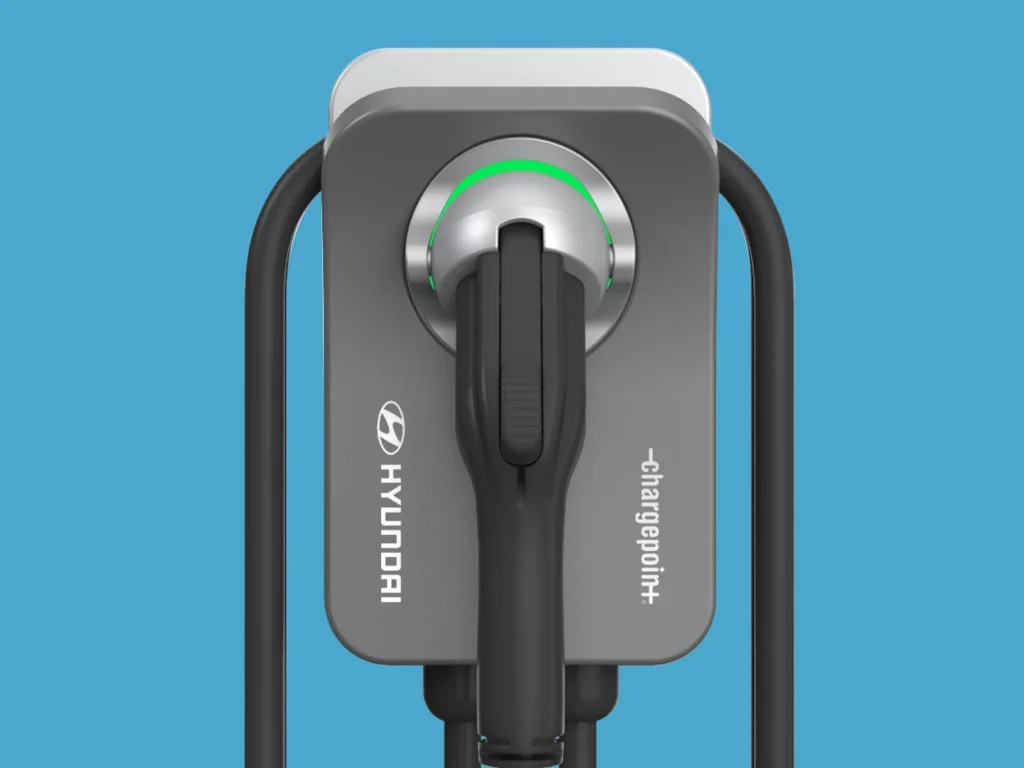
Cost of Charging Your Hyundai Kona at Home vs Public Stations?
Charging your Hyundai Kona Electric at home versus using public chargers involves different costs:
Home Charging:
Electricity Rates: The national average residential electricity rate is approximately $0.16 per kWh. Source: Hyundai USA
Cost per Charge: The Hyundai Kona Electric has a 64.8 kWh battery. Charging from 0% to 100% would require about 64.8 kWh, costing approximately $10.37. Source: Tom’s Guide
Public Charging:
- Cost per Charge: Public charging rates vary by provider and location. For example, charging the Kona Electric from 0% to 100% at a public station may cost around $32.40. Source: Tom’s Guide
These figures are estimates and can vary based on electricity rates, charging station fees, and the vehicle’s state of charge. Charging at home is generally more cost-effective, while public chargers offer convenience, especially during travel.
Hyundai Kona Electric Charging Calculator
What Level Of Charger Is Needed For The Hyundai Kona?
The Hyundai Kona Electric can be charged using different levels of chargers, each offering varying charging speeds:
Level 1 Charger:
Voltage: 120V AC (standard household outlet)
Charging Speed: Approximately 2 to 5 miles of range per hour
Use Case: Suitable for overnight charging or low daily mileage needs
Level 2 Charger:
Voltage: 240V AC
Charging Speed: Up to 25 miles of range per hour, depending on the charger’s amperage and the vehicle’s onboard charger capacity
Use Case: Ideal for faster home charging, allowing a full charge overnight
Recommendation: A Level 2 charger with at least a 32-amp capacity is recommended to maximize the Kona Electric’s onboard charger’s capabilities. Source: InsideEVs Forum
Level 3 Charger (DC Fast Charging):
Voltage: 480V DC and above
Charging Speed: Can charge the Kona Electric from 10% to 80% in approximately 64 minutes, depending on the charger’s power output and battery conditions
Use Case: Best suited for long-distance travel when quick charging is needed; typically found at public charging stations
For daily home use, a Level 2 charger is generally recommended to efficiently charge the Hyundai Kona Electric. Level 1 charging can suffice for minimal daily driving needs, while Level 3 charging is primarily used for rapid charging during longer trips.
Are There Any Benefits of Installing a Level 2 Charger For The Hyundai Kona EV?
Convenience: Charging at home eliminates the need to visit public charging stations, allowing you to recharge your vehicle at your convenience. Source: Hyundai
Faster Charging: A Level 2 home charger can significantly reduce charging times compared to the standard Level 1 charger that comes with the vehicle. This means your Kona Electric can be fully charged overnight, ready for daily use. Source: Hyundai USA
Cost Savings: Home electricity rates are often lower than public charging fees. Additionally, some utility providers offer reduced rates during off-peak hours, allowing you to save on energy costs by scheduling your charging accordingly. Source: Hyundai of Bellingham
Battery Health Management: Regular, controlled charging at home can contribute to better long-term battery health, as it allows for consistent charging patterns and avoids the high power outputs of some rapid public chargers.
Increased Property Value: Installing a home EV charger can enhance your property’s appeal to potential buyers who own electric vehicles, potentially increasing its market value.
What Charging App Work Best With The Hyundai Kona?
Hyundai's Blue Link App
- What Is It: The official app for Hyundai vehicles, including the Kona Electric.
- Features: Allows remote control of charging, including starting and stopping sessions, checking battery status, and scheduling charging times. It also helps you locate nearby charging stations.
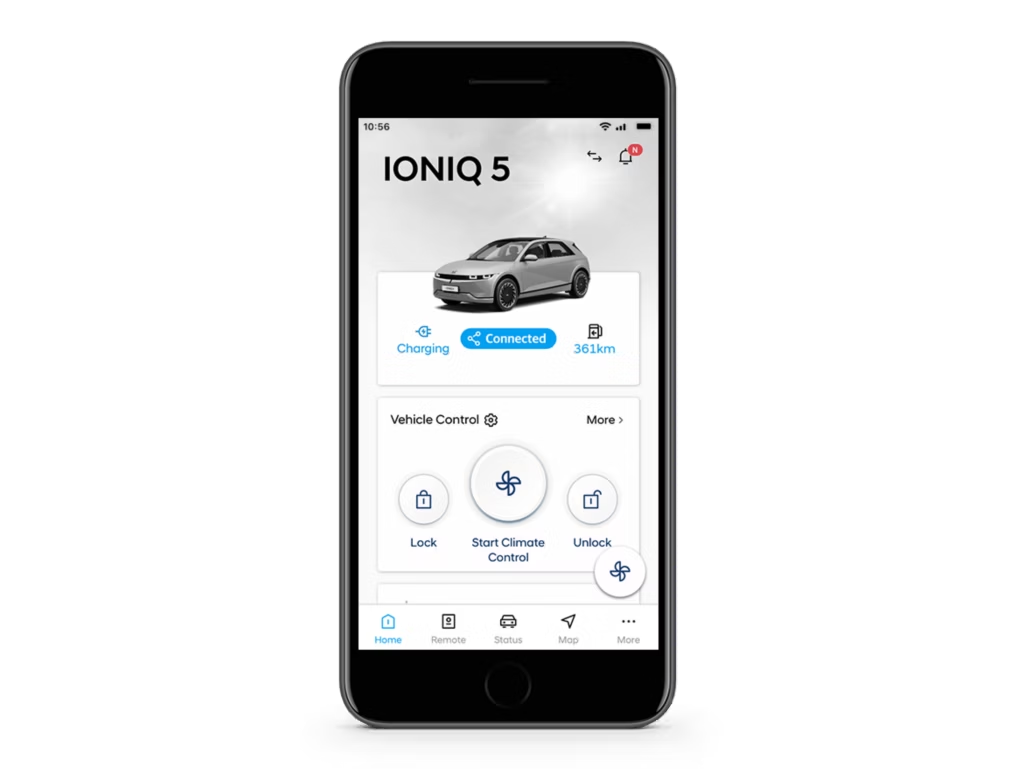
ChargePoint
- What Is It: One of the largest public charging networks in the US and Europe.
- Features: Helps you find available charging stations, monitor charging in real-time, and pay for sessions directly through the app. You can also filter by Level 2 and fast charging stations.
Electrify America
- What Is It: A major DC fast-charging network in the US.
- Features: Ideal for fast charging, particularly useful if you’re using a DC fast charger. The app allows you to locate stations, check availability, and make payments.
Shell Recharge
- What Is It: Shell’s network of charging stations, available in the US and Europe.
- Features: Allows you to find charging stations, track your charging history, and make payments directly through the app.
EVgo
- What Is It: Another large public charging network in the US.
- Features: Primarily focuses on fast charging. You can find stations, check availability, start charging, and manage payments via the app.
ChargeHub
- What Is It: A comprehensive app with a large database of charging stations.
- Features: Helps you find stations, get real-time availability updates, and navigate to the charging point. It also provides reviews and ratings from other users.
Discover the value of your cars options and specification!
- Select from thousands of vehicles and options
- See how each option adds value to your car
- Discover which tech features add a premium
- Spot which options hold their value over time
- Find out if that 'Sport' package pays off later
- Identify high value features others miss
$355 $354 $353 $352 $351 $350
Can you charge a Hyundai Kona Electric at A Tesla charger?
Yes, you can charge your Hyundai Kona Electric at select Tesla Superchargers, provided they are equipped with the necessary adapters or have been configured to support non-Tesla vehicles. Here’s what you need to know:
Tesla Supercharger Access:
Magic Dock Integration: Tesla has introduced the “Magic Dock,” an integrated adapter that allows non-Tesla electric vehicles (EVs), including the Hyundai Kona Electric, to connect to Tesla Superchargers. This feature simplifies the charging process for various EV models. Source: InsideEVs Forum
Charging Process: To use a Tesla Supercharger with your Kona Electric, locate a Supercharger equipped with the Magic Dock. Using the Tesla app, initiate the charging session, which will unlock the adapter. Attach the adapter to the Supercharger connector, then plug it into your vehicle’s charging port. Charging should commence automatically.
Charging Considerations:
Charging Speed: While Tesla Superchargers are capable of high-speed charging, the actual charging rate for your Kona Electric will depend on your vehicle’s maximum charging capacity and the specific Supercharger’s output.
Cost: Charging fees at Tesla Superchargers can vary based on location and electricity rates. It’s advisable to check the Tesla app for current pricing information before initiating a charging session.
Availability: Not all Tesla Superchargers are currently configured to support non-Tesla vehicles. It’s recommended to use the Tesla app or website to identify compatible Supercharger locations.
Does Hyundai make a Level 2 charger?
Yes, but only in conjunction with ChargePoint, which we also consider a top choice for electric Hyundai vehicles. The only difference is that Hyundai have their own logo on the ChargePoint, but other than that, there is no difference.
You can find more information here.

What is the life expectancy of the Hyundai Kona Electric battery?
The life expectancy of the Hyundai Kona Electric’s battery is typically between 8 to 10 years or around 100,000 to 150,000 miles, depending on factors such as usage, climate, and charging habits. Several key factors contribute to the longevity of the battery:
Battery Warranty: Hyundai offers an 8-year/100,000-mile warranty on the Kona Electric’s battery, ensuring that it will be covered for any significant issues within that period.
Charging Habits: Frequent use of fast charging or charging to 100% and allowing the battery to drop to 0% regularly can impact the longevity of the battery. Maintaining a charging range of 20%-80% is often recommended for optimal battery health.
Temperature Extremes: Extreme temperatures, both hot and cold, can degrade the battery over time. In regions with harsh climates, the lifespan of the battery may be reduced.
Driving Patterns: Regularly using the vehicle for long-distance travel or heavy usage can lead to more wear and tear on the battery. However, normal commuting and moderate use will generally allow the battery to last longer.
Does hyundai have its own charging network?
No, Hyundai does not have its own dedicated charging network like Tesla. However, Hyundai vehicles, including the Kona Electric, are compatible with various third-party charging networks. such as:
- Electrify America
- ChargePoint
- EVgo
- Blink
How long to charge a Hyundai Kona on a 110V outlet?
Charging a Hyundai Kona Electric on a 110V outlet (also known as Level 1 charging) is the slowest charging option, as it provides limited power. Here’s how long it would typically take:
- Charging Rate: A 110V outlet provides about 1.2 kW of power.
- Battery Capacity: The Hyundai Kona Electric has a battery capacity of about 64 kWh.
At a 1.2 kW charging rate, the Hyundai Kona Electric would gain approximately 4-5 miles of range per hour of charging.
Estimated Charging Time:
- Fully Charging: To charge the Kona Electric from 0% to 100% using a 110V outlet, it would take about 40-50 hours.
- Practical Use: For daily charging, most drivers would only need to top off the battery, so the Kona Electric can recover enough range overnight. However, this slower charging method is best suited for those who don’t need quick charging and have extended charging times available.
For faster charging, upgrading to a Level 2 charger (240V) is highly recommended, as it can charge the Kona Electric in about 9-10 hours from 0% to 100%.

How Do I Set Up The MyHyundai App For The Hyundai Kona?
Download the MyHyundai App
- For iOS: Go to the App Store and search for “Hyundai Motor America” or “MyHyundai” app.
- For Android: Go to Google Play and search for “Hyundai Motor America” or “MyHyundai” app.
Create an Account or Log In
- Open the app after installation.
- If you don’t already have an account, create one by entering your email and setting up a password.
- If you already have an account, log in using your credentials.
Add Your Kona Electric
- Once logged in, tap on “Add Vehicle”.
- Enter your VIN (Vehicle Identification Number), which can be found on your car’s registration or inside the driver’s side door frame.
- Follow the prompts to verify and sync your vehicle with the app.
Pair Your Vehicle with the App
- Ensure your vehicle is in pairing mode. You can enable this by following the instructions in your car’s owner’s manual or via the in-vehicle screen.
- Once your Ioniq 5 is successfully paired with the app, the app will sync your car’s information, allowing you to access vehicle details remotely.
Set Up Remote Features
After pairing, you can start using remote features such as:
- Remote Start/Stop Charging: Start or stop charging sessions remotely.
- Climate Control: Set the temperature of your car before you enter.
- Location Services: Track your vehicle’s location or see its parking history.
- Vehicle Status: Check battery level, tire pressure, and more.
Customize Notifications and Settings
- Set up notifications for key events, such as when charging is complete, or if your vehicle needs attention.
- You can also customize your app’s interface to show your preferred settings.
Hyundai Customer Support
Hyundai United States Customer Support
- Phone: 1 (800) 633-5151
- Hyundai Roadside Assistance: 1 (800) 243-7766
- Website: www.hyundaiusa.com/contact-us
Hyundai Financial Services
- Phone: 1 (800) 523-4030
- Website: www.hyundaiusa.com/financial-services
Hyundai Blue Link Support (Connected Services)
- Phone: 1 (844) 859-1290
- Website: www.hyundaiusa.com/blue-link

Article By: Dale Ogden
Dale is a recognized expert in the automotive industry, known for his expertise in automotive asset management and consulting.
As the founder of Check Your Spec and former Forecast Manager at CAP HPI (equivalent to Kelley Blue Book in the USA) he made significant contributions to the development of forecasting strategies and depreciation models for internal combustion engines, hybrid, and electric commercial vehicles in the UK.
With over two decades of experience, Dale pioneered EV forecasting models that are now used by leading manufacturers.
His work has also produced residual values for over 10,000 new vehicles.
Hyundai Kona Electric FAQ
What type of charger does the Hyundai Kona EV use?
- The Hyundai Kona Electric uses a Type 2 connector for AC charging (Level 1 and Level 2) and a CCS (Combined Charging System) connector for DC fast charging (Level 3).
- The Type 2 connector is commonly used for residential and public AC charging stations, while the CCS connector is used for higher-powered DC fast charging stations.
What charger does Hyundai recommend?
- Hyundai recommends using a Level 2 (240V) charger for the most efficient and balanced charging. This is typically installed at home or found in public charging stations.
- Level 2 chargers offer faster charging than a standard 110V outlet, typically providing 10-60 miles of range per hour, depending on the power output.
Can a Hyundai Kona use a Level 3 charger?
Yes, the Hyundai Kona Electric can use Level 3 chargers (DC fast chargers) that use the CCS connector. These chargers are designed to provide a much faster charging rate compared to Level 1 or Level 2 chargers, typically adding up to 80% of the battery’s capacity in around 45 minutes (depending on the charger and battery condition).
Does Kona support fast charging?
- Yes, the Hyundai Kona Electric supports fast charging through DC fast chargers (Level 3). These chargers can charge the Kona’s battery from 0% to around 80% in approximately 45 minutes, depending on the charging station and environmental conditions.
- The Kona Electric is equipped to handle high-speed charging rates of up to 100 kW on fast chargers, though actual speeds can vary.
How fast is the Hyundai Kona EV charging?
Charging speed depends on the type of charger:
- Level 1 (110V outlet): Very slow, adding about 4-5 miles of range per hour. It could take 40-50 hours to fully charge from 0%.
- Level 2 (240V): Much faster, adding about 20-30 miles of range per hour. A full charge typically takes 9-10 hours.
- Level 3 (DC fast charging): Fastest, offering up to 80% charge in 45 minutes at the fastest stations.
Should I charge my Kona every night?
- It’s not strictly necessary to charge your Kona every night, especially if your daily driving doesn’t consume most of the battery range. However, charging overnight can be convenient, especially if you have access to a Level 2 charger at home.
- Regular charging can help ensure you have enough range for daily commutes, and many EV owners charge overnight to avoid range anxiety and to take advantage of lower electricity rates during off-peak hours.
How much does it cost to fully charge a Kona?
The cost to fully charge a Hyundai Kona Electric depends on your local electricity rates and the size of your battery:
- The Kona Electric has a 64 kWh battery.
- At an average U.S. electricity cost of $0.13 per kWh, a full charge would cost approximately $8.32.
- In areas where electricity rates vary, such as peak and off-peak times, the cost could be higher or lower.
- Public charging stations might have different pricing structures, such as per kWh or per minute rates, which can also affect the overall cost of charging.

Unlock accurate valuations for your car’s features in seconds – find out what your options are worth today and in the future.

